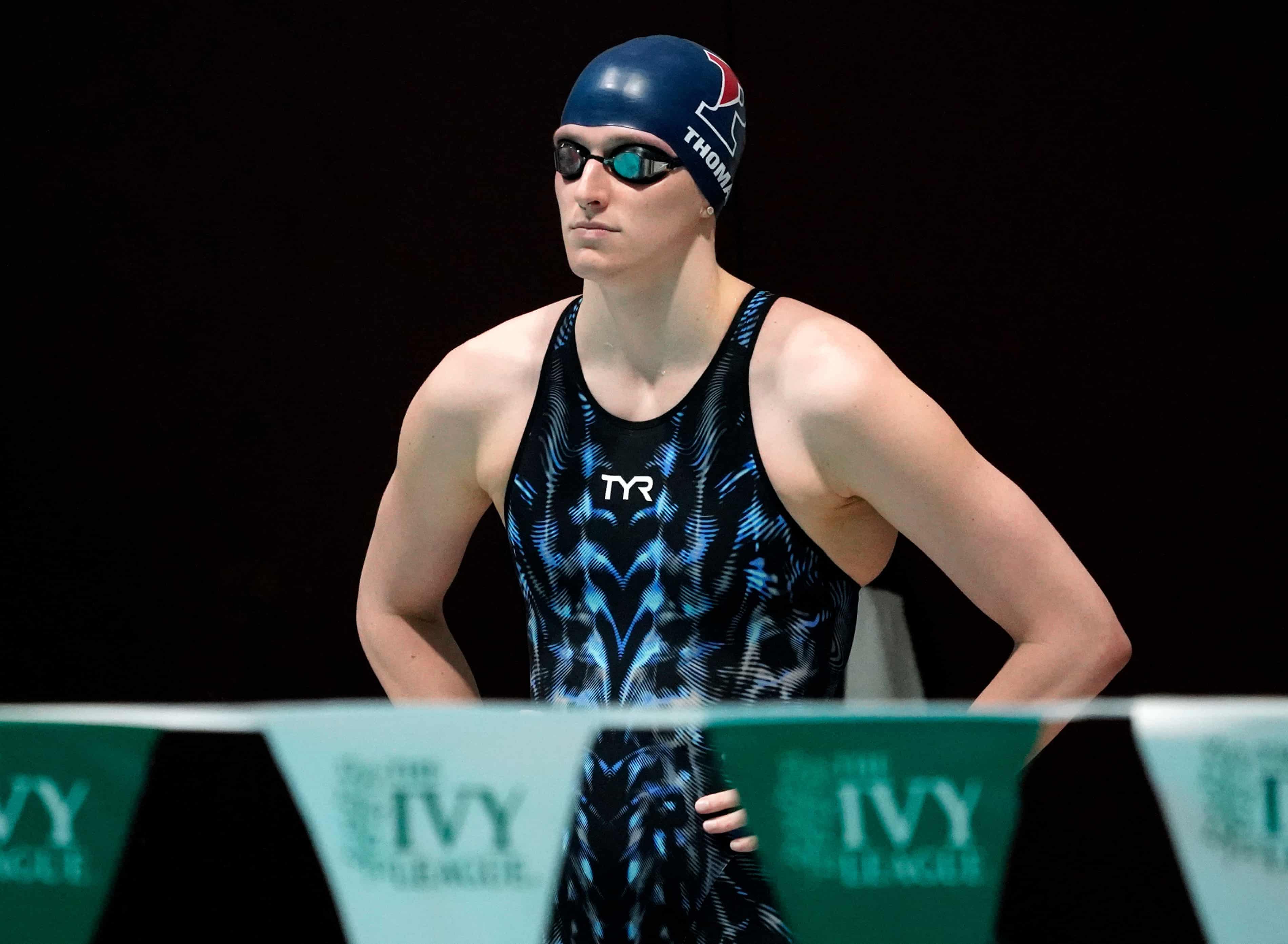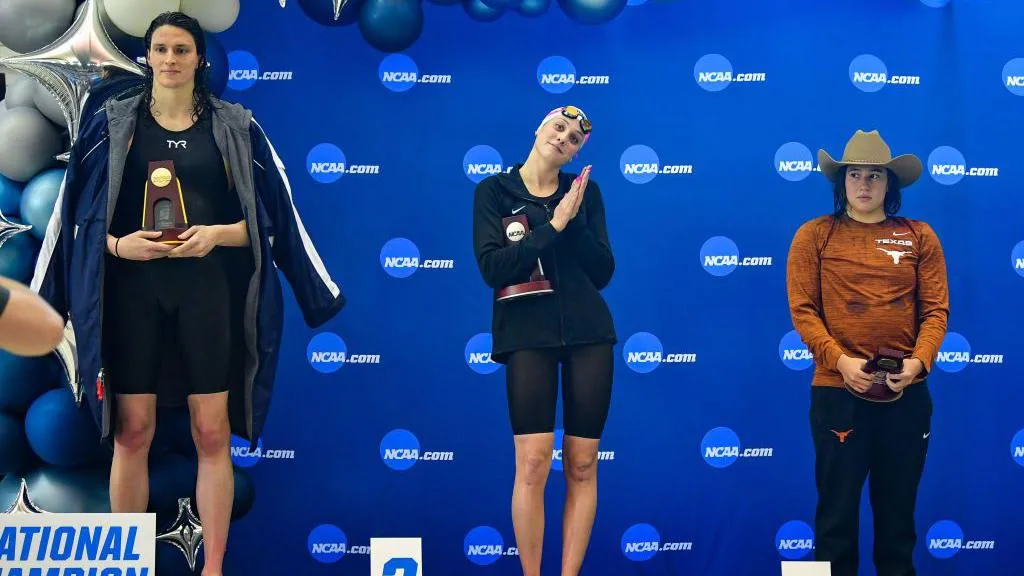UPenn Eyes Trans Athlete Ban Sparked by Lia Thomas Investigation
The news coming out of the University of Pennsylvania has sparked a fresh wave of debate about transgender athletes in women’s sports. The university has agreed to block transgender athletes from participating in women’s competitions, following a federal civil rights investigation that started after swimmer Lia Thomas rose to national attention.
This move wasn’t a quiet, internal policy change; it was announced by the US Department of Education, which said the Ivy League school would not only apologize but also restore titles and records to female athletes that had been “misappropriated by male athletes.”
In a statement, the university explained it would update records from the 2021–22 season to show who would currently hold the titles under new eligibility guidelines. However, it didn’t clarify whether Lia Thomas’ records would be removed altogether or simply marked with an asterisk.
Thomas became the first openly transgender athlete to win a US national college title in March 2022, putting the university at the center of a heated national conversation about fairness, inclusion, and competitive integrity in women’s sports.
This agreement marks another step in President Donald Trump’s aggressive policy stance against transgender women competing in female sports categories. Just days after he took office, Trump signed an executive order aiming to stop transgender women from participating in women’s sports altogether.
The Trump administration cut $175 million
His administration then launched investigations into several universities, including UPenn, citing possible Title IX violations. Title IX is a landmark civil rights law passed in 1972, which bans sex-based discrimination in federally funded educational programs and activities.
Two months after the investigation began, the Trump administration suspended $175 million in federal funding to UPenn, putting significant financial pressure on the university to revise its policy.
Tuesday’s deal now forces UPenn to adopt “biology-based definitions” of male and female when determining eligibility for sports teams, as required by the president’s executive orders, according to the Department of Education.
 AP
APUS Education Secretary Linda McMahon praised the agreement in a statement, saying,
“Today’s resolution agreement with UPenn is yet another example of the Trump effect in action. Thanks to the leadership of President Trump, UPenn has agreed both to apologize for its past Title IX violations and to ensure that women’s sports are protected at the University for future generations of female athletes.”UPenn said it followed NCAA rules but apologized to the athletes affected.
For its part, UPenn pointed out that it was following NCAA eligibility criteria at the time Thomas was competing. Still, the university acknowledged that some student-athletes may have been unfairly disadvantaged under the previous rules.
“We recognize this and will apologize to those who experienced a competitive disadvantage or anxiety because of the policies in effect at the time,” the university said in a statement posted on its website.Lia Thomas’ story is at the heart of this issue. She spent three seasons swimming on the UPenn men’s team before starting hormone replacement therapy in spring 2019. By 2022, she was competing on the women’s team and quickly broke school records, swimming faster than any other female athlete at the school.
Although she has since graduated, Thomas’ performances ignited intense national discussions about whether transgender women should be allowed to compete in women’s sports categories.

Thomas has spoken openly about their transition and the misconceptions surrounding it.
“The biggest misconception, I think, is the reason I transitioned,” she told ABC and ESPN in 2022. “People will say, ‘Oh, she just transitioned so she would have an advantage, so she could win.’ I transitioned to be happy, to be true to myself.”While Thomas has pointed out that the number of transgender college athletes is extremely small, estimated by the NCAA to be around 10 athletes nationwide, the controversy has loomed large. Last year, Thomas tried to fight her way back into elite women’s sports by taking her case to the Court of Arbitration for Sport in Switzerland.
The court rejected her case, upholding the decision of World Aquatics, which in 2022 voted to ban transgender women from elite women’s events if they had undergone any stage of male puberty.
Meanwhile, the Human Rights Campaign, the largest US organization advocating for LGBT rights, condemned the agreement between UPenn and the federal government. Brandon Wolf, a spokesman for the group, said,
“The American people deserve a White House that is laser-focused on making sure every student thrives. Instead, this administration is obsessed with making young people’s lives harder and scapegoating transgender people so they can attack independent institutions.”
As debates about transgender athletes continue to divide public opinion, this latest development at UPenn shows how powerful the intersection of sports, politics, and civil rights can be, and how deeply it can affect both athletes and institutions.




